“They are not numbers, they are all people. They are…mothers, grandfathers, fathers, friends.”
The northern Italian province of Bergamo, in Lombardy is considered ground zero for the Chinese coronavirus crisis in Italy. Crematoria and cemeteries are currently strained by a death rate that is normally seen only in wartime. Last week there were 300 dead, and now there are 5,476 deaths.
“We are in a situation in which today we are doing a burial every 30 minutes, almost the numbers of war” explains Giacomo Angeloni, councilor for cemetery services of the municipality of Bergamo.
Roberta Caprini, co-owner of a funeral service, explains the difficulty and pain of working in Bergamo in recent weeks, with the number of deaths that has been not-stop from the coronavirus. “We know that in a normal day, 8-10 people die. Yesterday there were 61 dead.” said Caprini.
“No one would have ever imagined such a thing” continues Roberta Caprini, “a family asked me to pass under their balcony because they are in quarantine, to see the casket pass, because if not, they cannot give them a final goodbye. At least from the balcony they can say “Ciao” to them”
The death toll is so high that, a few days ago, the Army had to intervene. Horrific images went viral of military trucks transporting the dead to other cities for burials, since the crematory ovens were unable to manage the high number of bodies.
The number of people in Italy who have died per day from the coronavirus outbreak dropped to 651 on Sunday – compared with almost 793 deaths on Saturday. Italy’s civil protection service chief, Angelo Borrelli, voiced cautious optimism over Sunday’s figures, telling reporters: “The figures announced today are lower than those for yesterday. I hope and we all hope that these figures can be borne out in the coming days. But do not let your guard down.”
Video transcript: thank you to FouseSquawk for the translation:
*Roberta Caprinil: We were able, in normal times, to do on average 1300-1400 services a year. But here it has become 500 in 15 days.
**Giacomo Angeloni: We are in a situation in which today we are doing a burial every 30 minutes, almost the numbers of war.
Male: We are suffering all the consequences.
We have been here since Sunday with two teams, one arriving from Trento, and one from Verona, as long as our colleagues from Bergamo have the need.
Roberta Caprini: They are not numbers, they are all people. They are…mothers, grandfathers, fathers, friends.
News Program (Fanpage.it): Bergamo is the province hardest hit by the coronavirus. More than 300 people have died only in the past week.
The teams that have to do funerals are leaving every afternoon.
They are all needed today?
Yes.
Roberta Caprini: Unfortunately, we have 25 funerals today,13 just this afternoon.
Several of our workers have gotten sick; others are afraid. We have stopped responding to every call for the moment when we arrived at 400 and more in 12 days,and we have the usual 45-50 persons a day whom we know personally, so… so every hour we have at least 10 calls to manage.
New Program (Fanpage.it): Funeral tributes have also arrived from outside the region.
Male: We have been here since Sunday with two teams, one arriving from Trento, and one from Verona, as long as the colleagues from Bergamo need to be supported in order to succeed in confronting the work of these days due to the presence of the coronavirus in this area.
In the end, it is we who have to take care of the families, we who have to take care of the bodies to whom we need to give a dignified burial, and it takes time.
Giacomo Angeloni: We are in a situation in which today we are doing a burial every half hour. Almost the numbers of war —
The crematory oven is in continuous use; therefore it is almost impossible to have a calculable number of the coffins in the cemetery.
We know that in a normal day, 8-10 people die. Yesterday there were 61 dead.
News Program (Fanpage.it): The army has had to carry dozens of bodies out of Bergamo for cremation. The cremations are carried out at Modena and Bologna.
Roberta Caprini: I continue to say numbers even though they are not numbers, they are all people, They are mothers, grandfathers, fathers, friends, uncles of all the people who call us, Whom they don’t see maybe, for days or for weeks, because from the moment they enter the hospitals, you don’t see them again, and you can’t see them even when they die to say goodbye to them, to realize what has truly happened, because you saw them last when they were still well, and when they were still responding, and you couldn’t say “Ciao” to them.
We have requested the prefect, the region, civil protection be included as a category to have these Dpi [masks, gloves, protective suits], knowing full well that at this moment not even medical personnel have them, therefore they are a priority, because they have to save lives, because if they succeed in saving lives, we don’t have to — not even relatives, nobody — confront other deceased, other deaths; nobody would have imagined something like this.
I am thinking of a family. They asked me to pass under their balcony because they are in quarantine, to see the casket pass, because if not, they cannot, because… to give them at least a goodbye from the balcony, to be able to say “Ciao” to them.
I could at least do this for them.
From Benincasa, Biazzo, Falzone, Giancristofaro.
*Roberta Caprini is the co-owner of a funeral service
**Giacomo Angeloni is the Councilor for Cemetery Services of the Municipality of Bergamo
Photo by FOTOGRAMMA/EPA March 19, 2020: Workers stand next to coffins and remains of the coronavirus victims, in Bergamo, Italy.

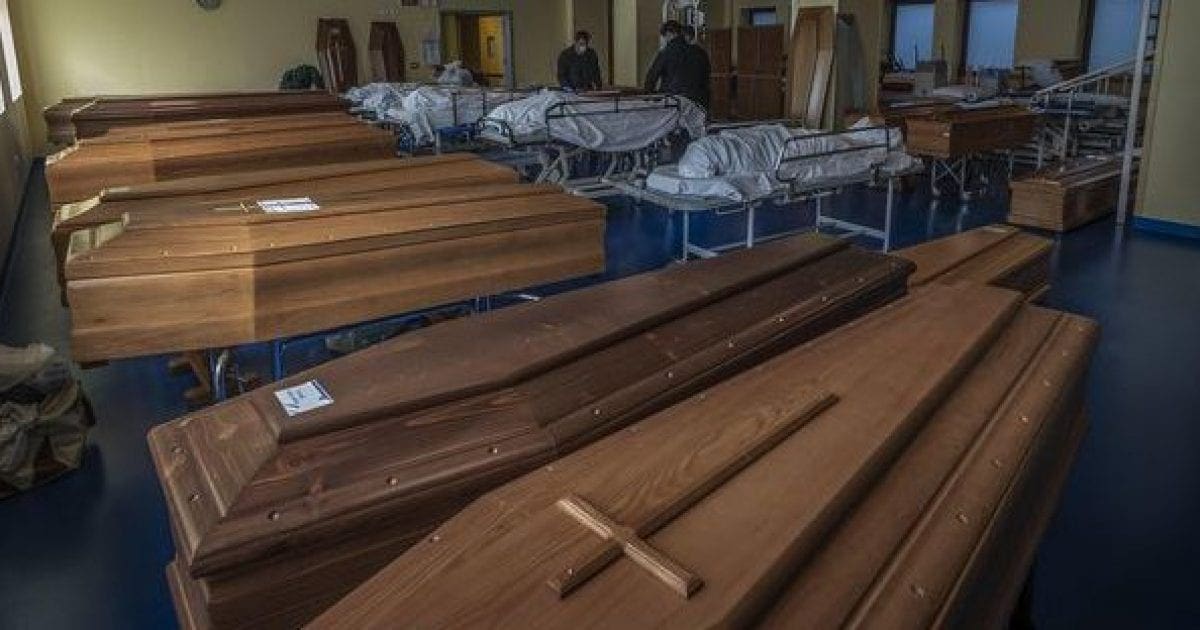
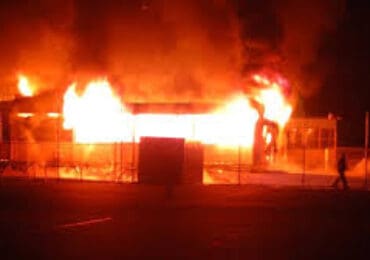



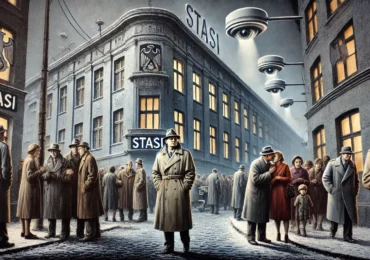
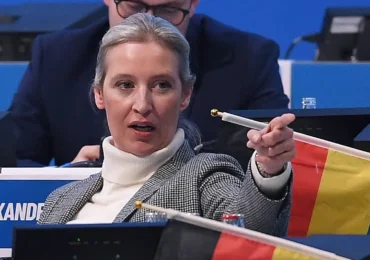

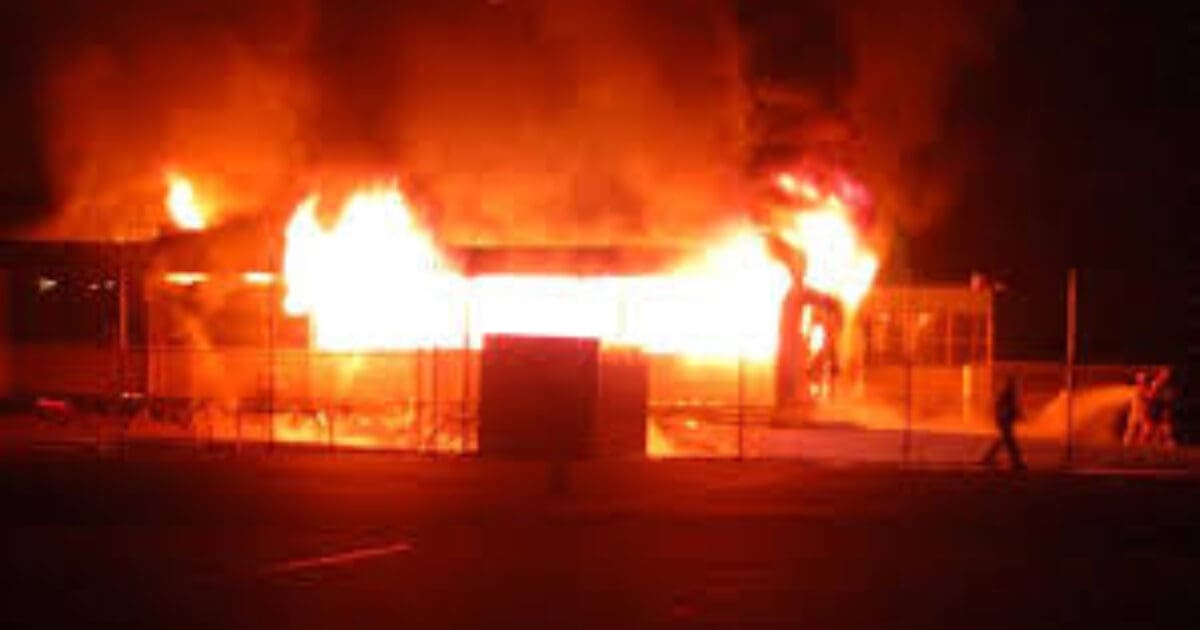



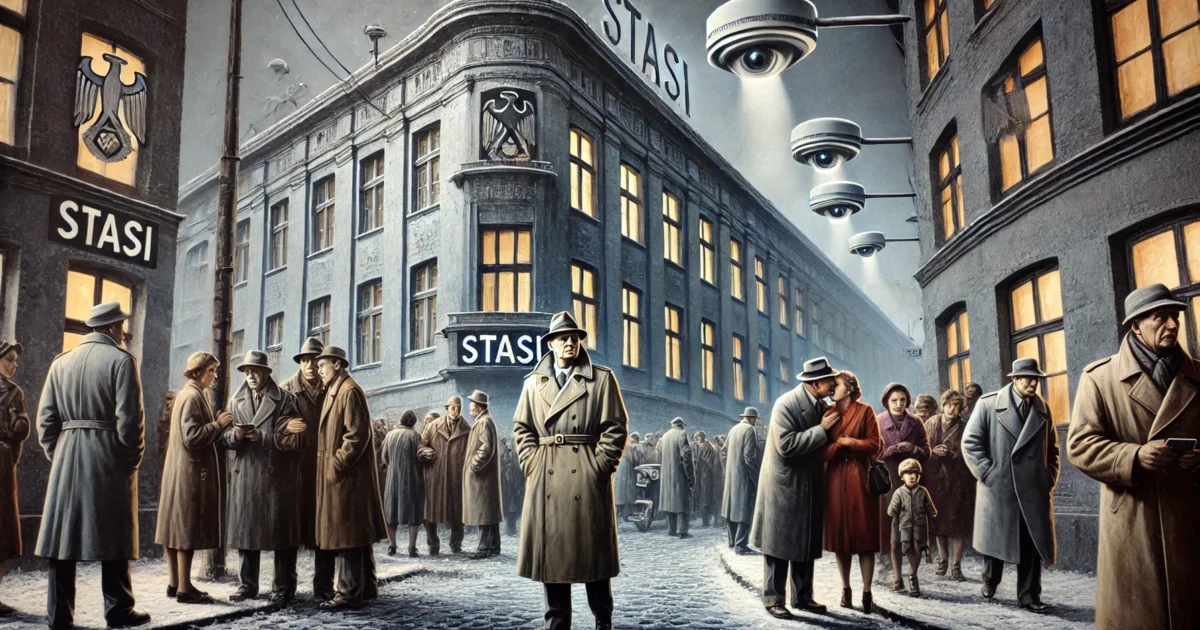
Add comment